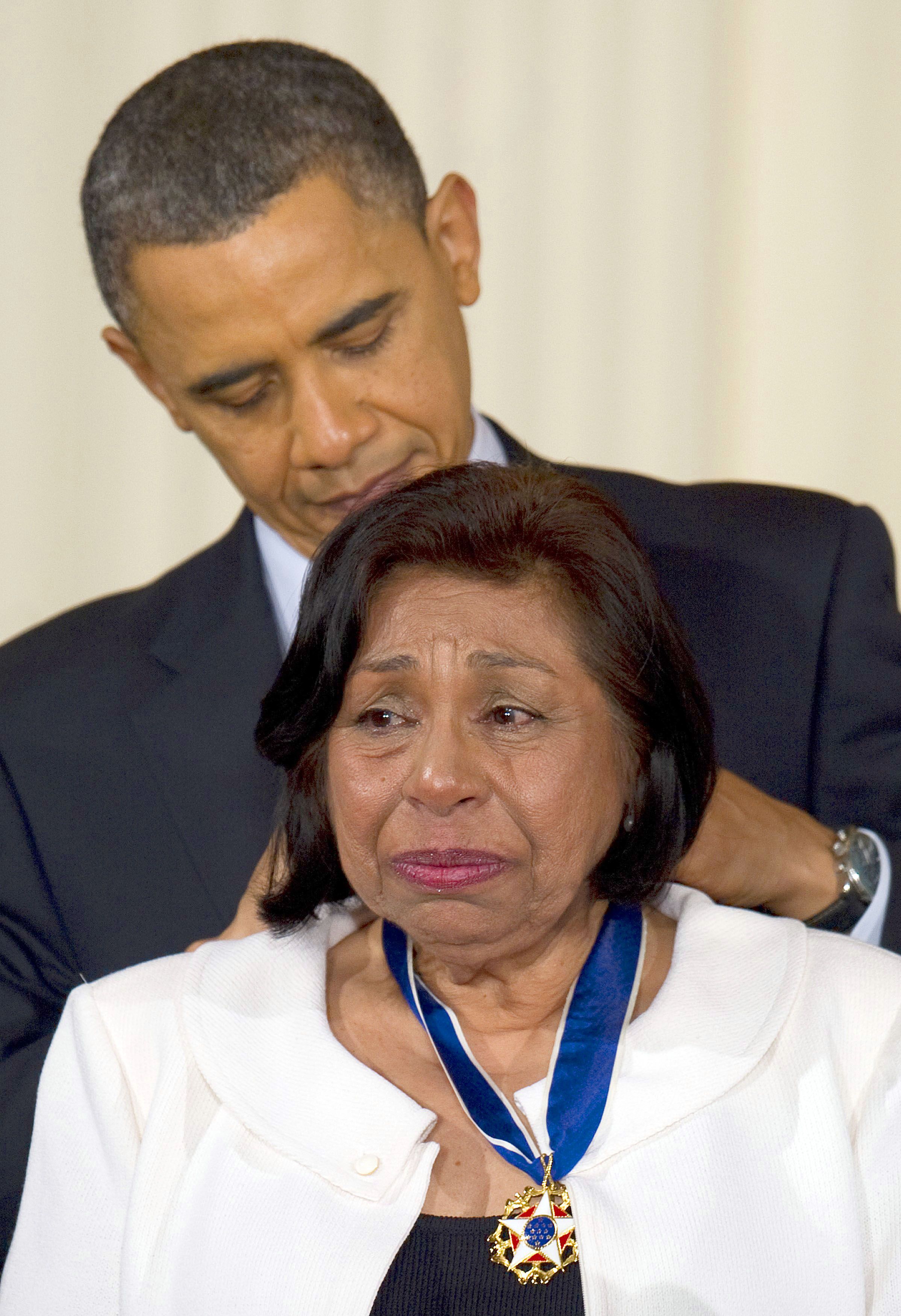Seventy-five years ago Thursday, in a pivotal case brought by a Mexican American and Puerto Rican family, a federal appeals court in California ruled against school segregation based on ancestry.
The big picture: The 1947 Mendez vs. Westminster ruling set up the U.S. Supreme Court's landmark Brown vs. Board of Education desegregation decision, but its legacy is often overshadowed.
- Since then, the number of Latino students has spiked from less than a percentage point nationally in 1970 to 27% of the overall student population in 2018.
Yes, but: Schools were found in 2018 to be effectively just as segregated as they were 50 years before, even as the nation grew more diverse, according to a report from The Civil Rights Project at UCLA.
- A Pew Research Center study found that in the 2018-2019 school year, 56% of Hispanic students and 43% of Black students attended public schools where half or more of the students were of the same race or ethnicity. For white students, that figure was 79%.
- Latino children raised in integrated neighborhoods earn $844 more per year as adults than those raised in highly segregated communities, according to a study by the University of California Berkeley’s Othering and Belonging Institute analyzing data from 1990 to 2019.
Flashback: Mexican-born Gonzalo Mendez and his Puerto Rican-born wife, Felicitas, lived in Westminster, California, at a time when segregation was legal.
- When Felicitas' sister tried to enroll her kids and the Mendez children in school, only hers were allowed — the Mendez kids were considered too dark-skinned.
- The Mendez kids were sent to a "Mexican school" where girls were taught “morals, manners, and cleanliness.”
The family sued, and Asian American, Jewish American and Black American civil rights groups donated to the cause.
- The case brought together Black and Latino intellectuals and lawyers. Education scholar George I. Sanchez and future Supreme Court Justice Thurgood Marshall, then with the NAACP, soon started corresponding about future school desegregation strategies.
- Civil rights advocates were stunned when a federal judge ruled against the school district's segregation policies.
The result: On April 14, 1947, the U.S. Ninth Circuit Court of Appeals upheld the lower court's decision. Two months later, California Gov. Earl Warren outlawed school segregation in the state.

What they're saying: Sylvia Mendez said in a 2010 StoryCorps interview that she had no idea what her parents had done until years later.
- "I remember being in court every day. They would dress us up really nice," she said in the interview. "And we'd be there sitting very quietly, not really understanding what was going on."
- The Mendez parents, the children said, didn't talk about the case much because they didn't want to come off as bragging.
- Sylvia Mendez now promotes projects aimed at remembering her family's efforts to dismantle discrimination.
Subscribe to Axios Latino and get more news that matters about Latinos and Latin America, delivered right to your inbox on Tuesdays and Thursdays.





.jpg?w=600)

